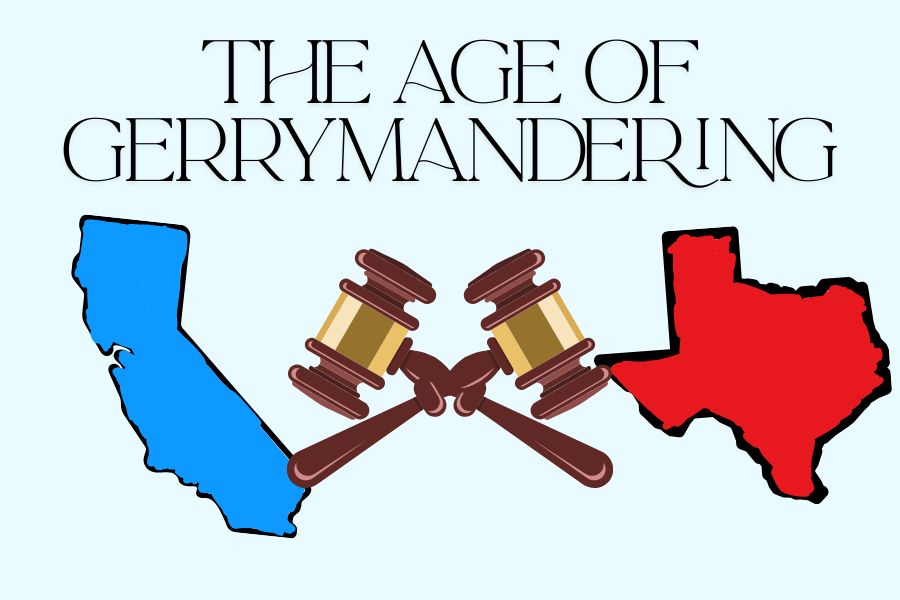Senior book chapters: Evoking nostalgia or bringing anxiety? (Editorial)
Senior Jamie Hafner works on an activity to prepare for her senior book chapter in AP Literature. While senior book chapters can be difficult to complete, there are many benefits to the students during the writing process.
Senior book chapters are infamous in Carlisle High School and are often seen as a drag by the seniors working on them. With the bad reputation they have, should we continue to push this assignment? How could the be adjusted to encourage more students to take part in the chapter submissions?
At CHS, a senior book is a collection of works written biweekly and turned in on the last day of each of these weeks. Each chapter has a different theme and skill to be used; for example, chapter four this year was about a story from pre-K to fifth grade and had to include examples of hyperbole throughout the work. When finished, the senior book may serve as a final exam in many of the senior English classes at the end of the year.
A completed senior book contains 14 chapters, plus a prologue and epilogue, for a total of 16 entries. These entries explore different elements of the writer’s life and encourage the student to analyze certain moments. While seniors may find this activity exhausting and difficult to complete, it is actually very good for mental health.
In an article by Lissa Rankin M.D., Rankin said, “Every time you tell your story and someone else who cares bears witness to it, you turn off the body’s stress responses, flipping off toxic stress hormones like cortisol and epinephrine and flipping on relaxation responses that release healing hormones like oxytocin, dopamine, nitric oxide, and endorphins.”
This means that writing and submitting book chapters to a trusted teacher may increase the body’s level of “happy” hormones, while decreasing feelings of anxiety and depression. Plus, the act of story telling also has the positive effect of giving the seniors a way to reflect before they leave high school and begin making decisions independently.
Rachel Freed said in the article, “The Importance of telling our stories,” “Stories connect the past and the present to the future.”
Senior book is a good opportunity for seniors to make these connections and consider the different aspects of their lives or perhaps realize bigger dreams of theirs. It is important to keep this assignment because of its many benefits but it may be time to adjust the curriculum behind it to reengage students who are tiring of the monotony of the chapters.
One idea for this is to allow students the freedom to tell 14 different stories from their life, chronologically, using one skill from a checklist, eliminating one for each chapter. This would allow the students to discover for themselves which skill best fit their story and still demonstrate by the end of the year the student’s ability to use all the required skills. For example, it may be easiest for one student to tell their earliest memory using characterizations but for another the easiest to use in their chapter about first memories would be listing.
Allowing seniors the freedom to further interact with their stories might encourage a higher participation rate in the chapter submissions as well as continue to support the amazing effects this writing has on the students.
Disclaimer: Articles designated as “Editorial” represent the views and opinions of the author, not the 2017-2018 Periscope staff, CHS Administration, or the CHS student body.
Want to help the Herd? Please consider supporting the Periscope program. Your donation will support the student journalists of CHS and allow us to purchase equipment, send students to workshops/camps, and cover our annual website hosting costs.

Ashley Ivanoff is a senior at Carlisle High School and senior editor of the Perspective’s section. She has been to eight different schools in the past...






























































































